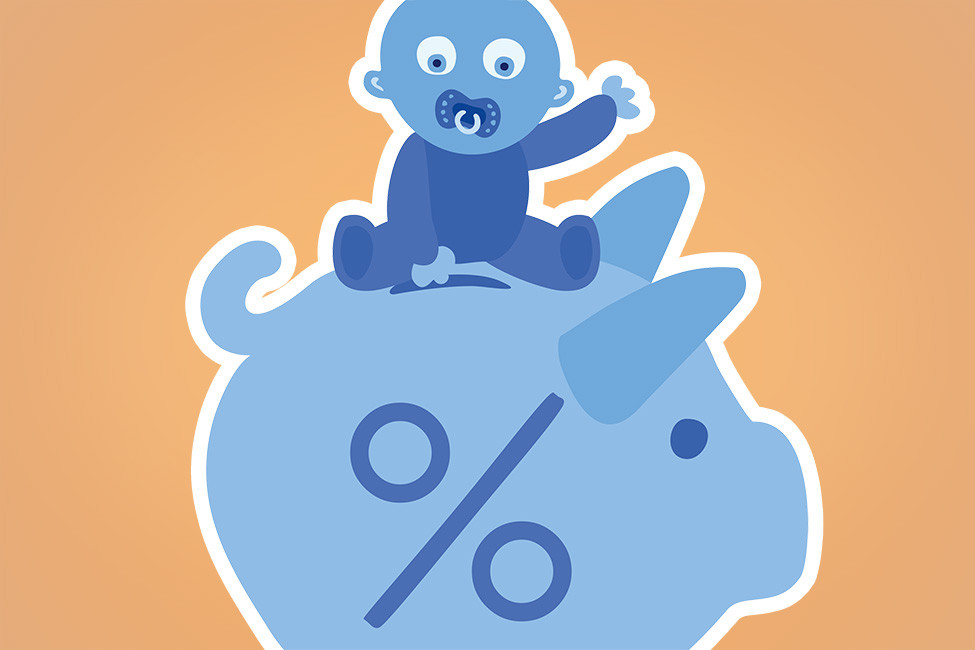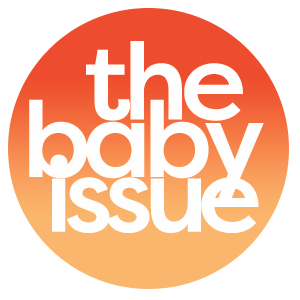9 Tips for Budgeting Baby in Your Family Finance

Getting ready for your first baby? Congratulations. You are about to experience some of the greatest joys in life, but also — if you’re not prepared — some of the greatest upheavals of your finances. Baby’s first year can easily cost upwards of $10,000, according to various financial-planning sources, but with some foresight, you can keep costs down. Here are some tips to get you started on the right financial track:
1. Know your health insurance plan and your employer’s maternity leave policy.
Find out which pregnancy and delivery expenses are covered and how much time, paid and unpaid, you may be able to take off after delivery. Enroll your newborn in your group insurance plan within the specified window, typically 30 days after birth.
2. Ask for gift cards.
Although once frowned upon, directing well-meaning gift givers toward cash and gift cards has become acceptable etiquette. When creating a baby registry, include gift cards of various denominations. Also list gift cards as an option on baby shower invitations.
3. Plan a basics-only nursery.
It’s tempting to go overboard with baby furnishings before baby even arrives, but you won’t know what you truly need until you and your little one settles into a routine. Initially, stick to a crib, a sturdy changing table with drawers or storage cubbies and a comfortable armchair or rocking chair for nursing and cuddling. Purchase or borrow those swings, bouncers and activity toys later, preferably after baby has discovered a favorite or two at the church nursery, a friend’s house or the child care center.
4. Purchase gently used baby gear and clothing, rather than new.
Baby doesn’t know the difference between brand new designer merchandise and your sister’s hand-me-downs. Thanks to countless social media groups, online advertising and resale stores, you can find a vast selection of secondhand, but great condition baby items. Search the Consumer Product Safety Commission’s website for any recall information on cribs and strollers. For safety reasons, do purchase a new — not used — car seat.
5. Borrow from friends and family, especially single-purpose baby items.
Baby will outgrow the bassinet, the baby sling and the nursing pillow in a few short weeks, so try borrowing them. If you receive them as gifts, be equally generous when your time comes to pass them forward.
6. Stretch the food budget with home cooked baby meals.
When it’s time for solid foods, steam and puree vegetables and freeze them as individual portions in ice cube trays.
7. Budget monthly for those repeat purchases.
Formula, diapers, wipes and child care will become significant, regular expenses for a long time, so include them in your monthly budget.
8. Swap babysitting.
If you are friends with other new moms and dads, take turns watching each other’s little ones for a couple of hours now and then. While that arrangement may not work for a late night date, you and your partner could gain some precious free time on a Saturday afternoon.
9. Plan for baby’s education now.
Start an Arkansas 529 College Investing Plan for college expenses and share information how third parties can contribute to it. If you don’t have one yet, accept the gift of a professional consultation of how to set one up.
Claudia Utley is the communications director for Economics Arkansas. Rachel Hopper Coney, Whitney Lunt Barket, Heather Mitchell-Birge and Meredith Moll provided input for this article.

• What Moms Wish They'd Known About Pregnancy
• Better Beginnings Child Care Facilities Guide
• Postpartum Depression: You’re Not Alone
• Book Club: Bringing On New Baby
• 25 Ways for Mom to Care for Herself After a New Baby
